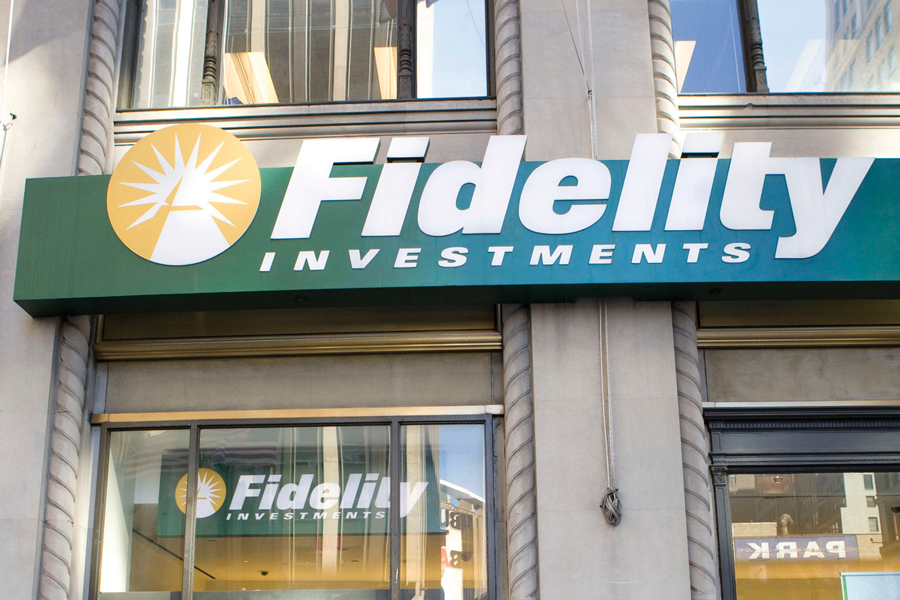

Fidelity Investments Inc. is underscoring the value of long-term investing in a new suite of funds by giving investors a break on fees for sitting tight.
The Boston-based asset manager is applying what it calls “time-based pricing” to eight mutual funds designed around themes that Fidelity deems to be long-term investing strategies.
“Oftentimes investors think of thematic as being shorter term in nature, but we view these themes as being more durable,” said Scott O’Reilly, who oversees product strategies at Fidelity.
The new funds specifically target disruption in automation, communications, finance, medicine and technology, as well as megatrends in agricultural productivity, and water sustainability. There is also a fund of funds that combines themes from the suite.
Thematic strategies, when employed inside exchange-traded fund wrappers, are popular trading vehicles. Examples include Global X Robotics & Artificial Intelligence ETF (BOTZ) and First Trust Cloud Computing ETF (SKYY).
Fidelity is hoping to attract longer-term investors with a mutual fund expense ratio that starts at 1% for the first 12 months, drops to 75 basis points for the next 24 months, then falls to 50 basis points.
“It appears that Fidelity is trying to reward investors for staying consistent with a long-term investing approach, which makes it easier for portfolio managers when they know the investors have a long-term commitment,” said Todd Rosenbluth, director of mutual fund and ETF research at CFRA.
“The companies inside these funds may or may not be profitable yet, so Fidelity is awarding patience by shareholders who aren’t just trying to time them,” Rosenbluth said.
Industry research shows the average hold time for a mutual fund investment is around three years, which is the point at which Fidelity is dropping fees by an additional 25 basis points for staying put.
“There could be broader applicability to the fee structure, but we wanted to test it, and this is a great place to start,” said Colby Penzone, head of investment product at Fidelity.
“Often investors think of disruption as a short-term event, but the impacts and duration of disruptive technologies and businesses tend to be underestimated,” he added. “The disruptive funds are designed to capture long-term opportunities and we want to reward our customers for taking a similarly long-term view in their accounts.”
The new funds join a broader suite of thematic funds at Fidelity but focus on areas that were identified as the “ripest for significant innovation,” Penzone said.

Integrated Partners is adding a mother-son tandem to its network in Missouri as Kestra onboards a father-son advisor duo from UBS.

Futures indicate stocks will build on Tuesday's rally.

Cost of living still tops concerns about negative impacts on personal finances

Financial advisors remain vital allies even as DIY investing grows

A trade deal would mean significant cut in tariffs but 'it wont be zero'.
RIAs face rising regulatory pressure in 2025. Forward-looking firms are responding with embedded technology, not more paperwork.
As inheritances are set to reshape client portfolios and next-gen heirs demand digital-first experiences, firms are retooling their wealth tech stacks and succession models in real time.
